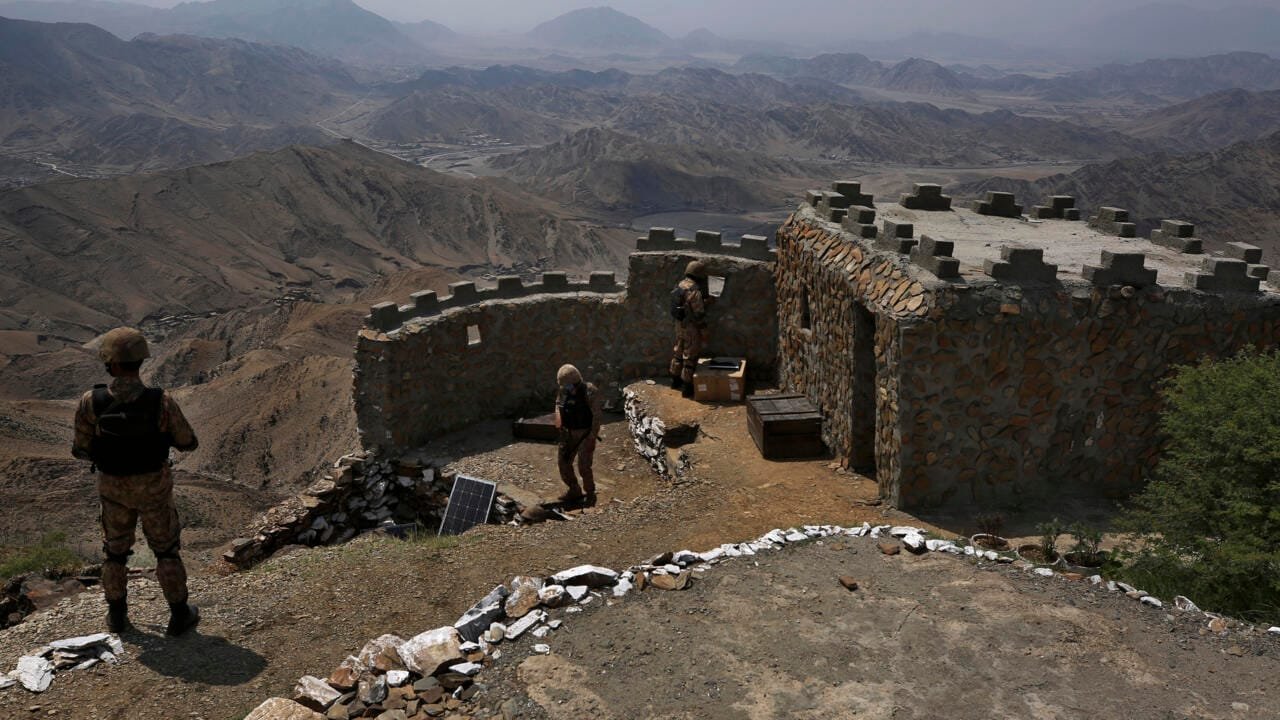Skirmishes along the Afghanistan-Pakistan border have sharply escalated after Afghanistan’s Taliban-led government alleged that Pakistan carried out airstrikes inside Afghan territory, striking civilian areas including Kabul and the eastern province of Paktika. Afghan officials denounce the strikes as “violent,” “reprehensible,” and a breach of sovereignty.
According to Afghan sources, one of the recent strikes struck a market in Paktika, while another blast near Abdul Haq Square in Kabul raised alarm over recurrent violations of national airspace. The strikes came amid growing accusations from Islamabad that militant groups—including the Tehreek-e-Taliban Pakistan (TTP) and Baloch separatists—are using Afghan soil as safe havens for launching attacks into Pakistan, a charge Kabul denies.
In response to the alleged air raids, Afghan border forces reportedly opened fire on Pakistani military positions, triggering a chain of exchanges along the border. Pakistan has so far neither confirmed nor fully denied the air strikes, but top military officials have warned they will take action against militants regardless of whether they are operating from Afghan territory.
The escalation is increasing diplomatic strain between the two nations. Afghanistan has summoned Pakistan’s envoy in Kabul to lodge formal protests. Pakistani authorities insist their operations target militant hideouts and are part of broader counterterrorism efforts.
The clashes are feared to destabilize an already volatile region. Civilian casualties remain a major concern, though independent confirmation is limited. Analysts warn that without a diplomatic de-escalation, such incidents could spiral into broader confrontation, with implications for both domestic security inside Pakistan’s border provinces and the fragile stability in Afghanistan.





